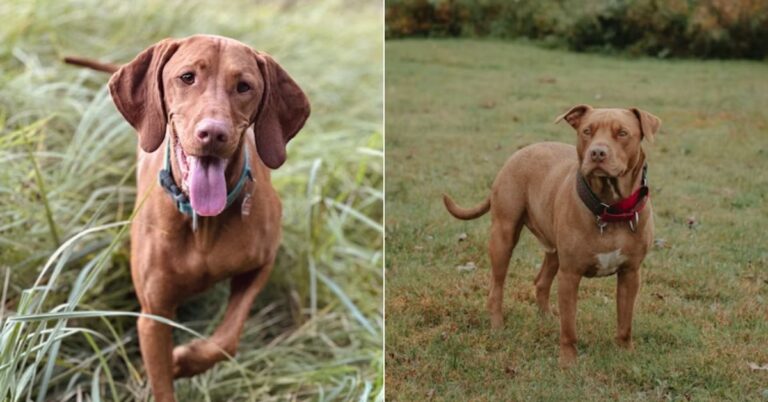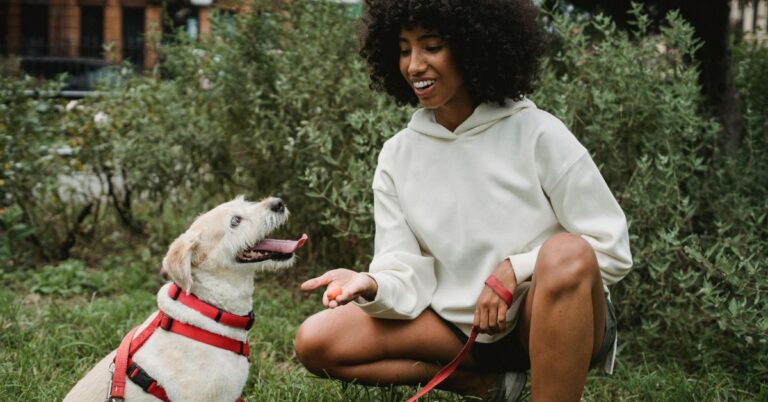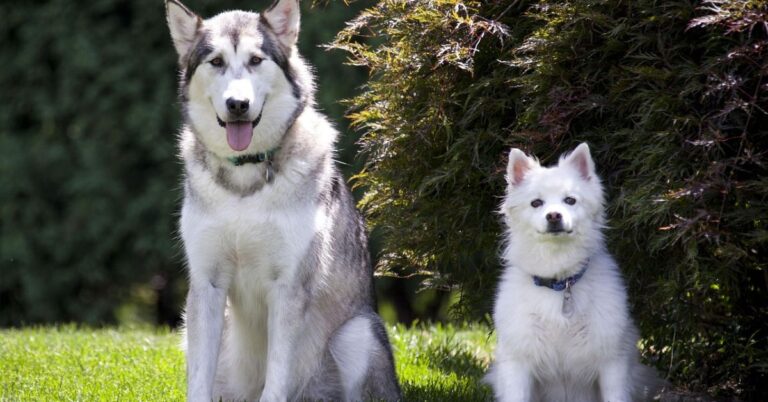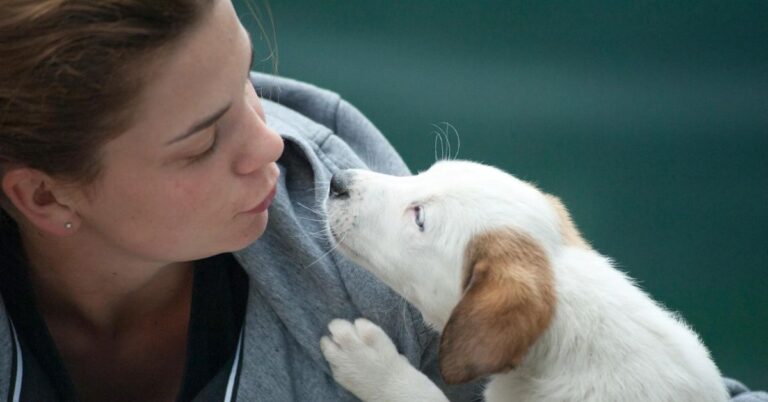10 Pet Care Myths Every Dog Owner Still Falls For
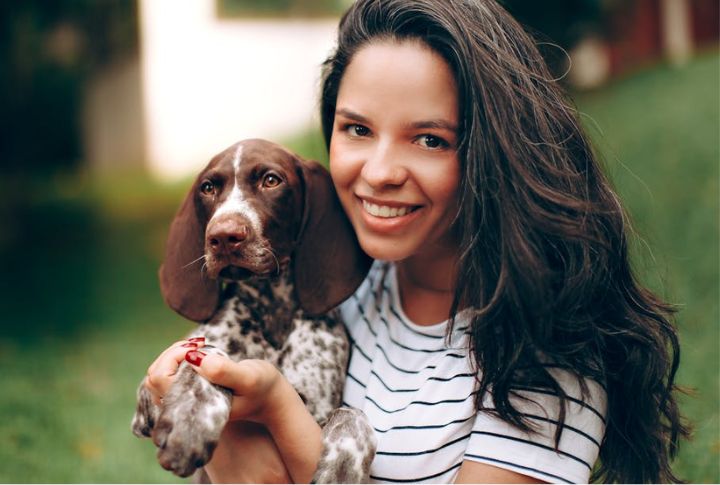
Dog care advice spreads faster than a golden retriever spotting a tennis ball—but not all of it holds up. Some old tips stick around simply because they sound right. Ready to separate fact from tail-wagging fiction? Let’s bust a few myths your pup wishes you already knew.
Dogs Eat Grass Only When They’re Sick
Many believe dogs chew grass because they feel ill, but that’s not usually the case. Most dogs eat grass simply because it’s a natural behavior. Wild canines do the same, often nibbling on plants for texture or taste. This habit is generally normal and not a cause for concern.
A Warm, Dry Nose Indicates Your Dog May Be Unwell
A dog’s nose changes throughout the day, shifting from wet to dry due to sleep, indoor heat, or even sun exposure. Such variations are common and unrelated to disease. In fact, many healthy dogs have naturally drier noses depending on breed or recent environmental conditions.
Table Scraps Are Always Harmful To Dogs
Not all human food is dangerous for dogs. Plain cooked meats or safe vegetables like carrots and green beans can be healthy in moderation. The real danger lies in scraps containing onions and garlic. Historically, dogs evolved alongside humans by safely digesting leftover food.
Dogs Don’t Need Dental Care If They Eat Kibble
Kibble alone doesn’t protect your dog’s teeth. In fact, many dogs develop dental issues by age three, regardless of diet, according to VCA Hospitals. Regular brushing remains the best defense against tartar buildup and gum disease, which, if ignored, can lead to heart and kidney complications.
All-Natural Dog Food Guarantees Better Health
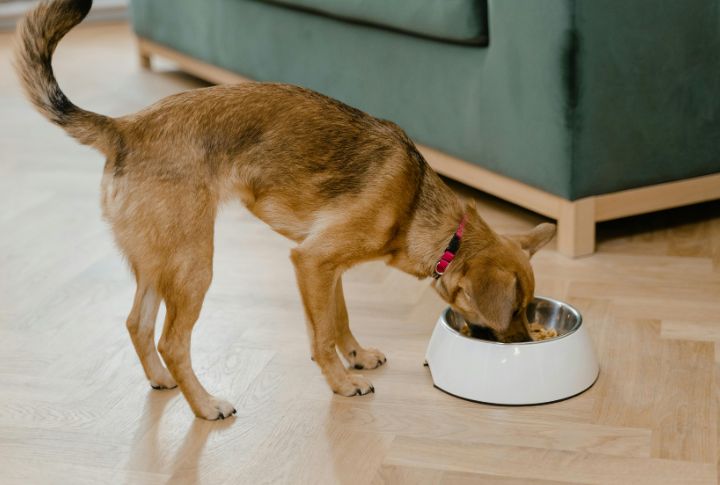
There’s no regulation behind the term. Just because something’s natural isn’t necessarily safe or nutritious for dogs—garlic and onions prove that. Focus on balanced nutrition instead. Ironically, even “natural” brands add synthetic vitamins to fill nutritional gaps.
Dogs Self-Regulate Their Water Intake
Dogs do not always drink as much water as they need, especially if they’re stressed and eating dry food. Dehydration can develop quietly without close monitoring. Some drink too much due to underlying conditions like diabetes, while others avoid stale or dirty water, risking serious health problems.
Senior Dogs Shouldn’t Exercise Much
Elderly dogs still need regular exercise to stay limber and maintain a healthy weight. Gentle activities like swimming or slow walks prevent stiffness and support joint health. Lack of movement worsens arthritis, and mental games and puzzle toys keep their minds alert and spirits high.
A Wagging Tail Always Means A Happy Dog
Dogs wag when they’re scared, anxious, excited, or unsure, too. The direction even matters—right-side wags signal positive emotions, whereas left-side wags mean stress. To understand your dog’s feelings, watch the tail’s speed and overall body posture together.
Fleas Are Only A Summer Problem
Fleas remain active even when the weather cools. Indoors, they thrive year-round in warm environments, such as heated homes. Their eggs can hide in carpets or furniture for months before hatching, thereby making consistent, all-season prevention essential to keep your dog and home free of infestation.
Dogs Can’t Get Sunburned
Yes, dogs can get sunburned, especially those with light or thin coats. Overexposure may damage their skin and even lead to cancer. Sensitive spots like noses and ears benefit from dog-safe sunscreen, and hairless breeds might need lightweight protective clothing when outdoors.
